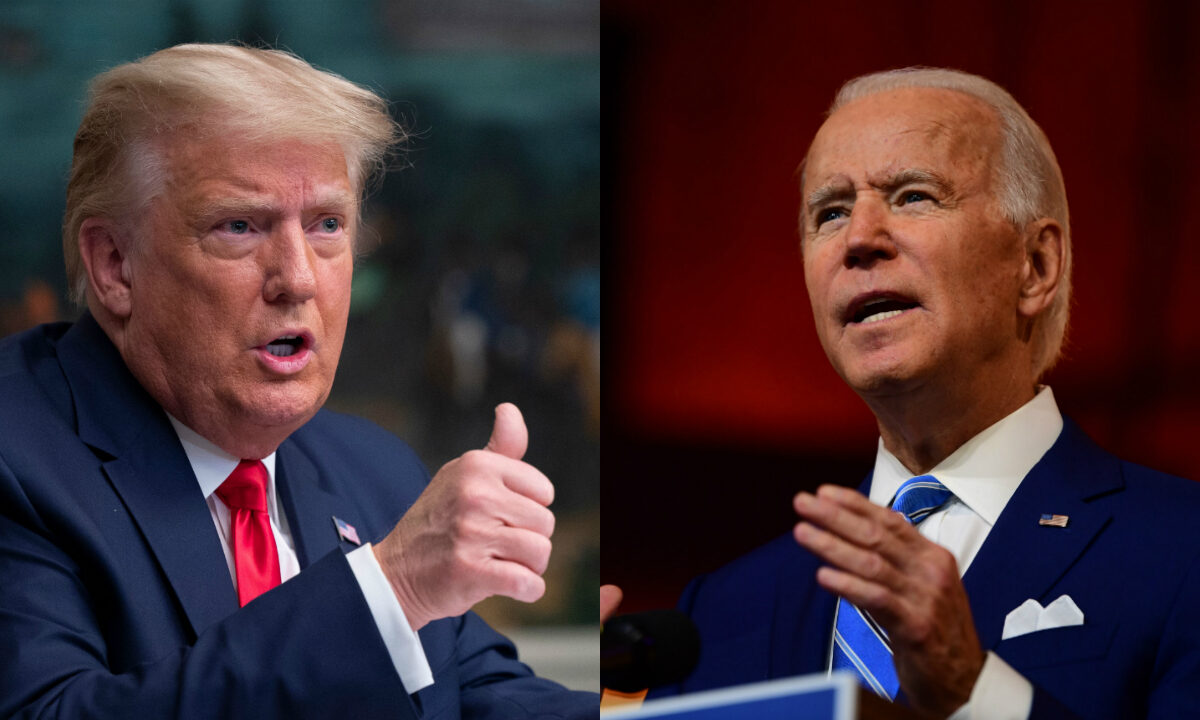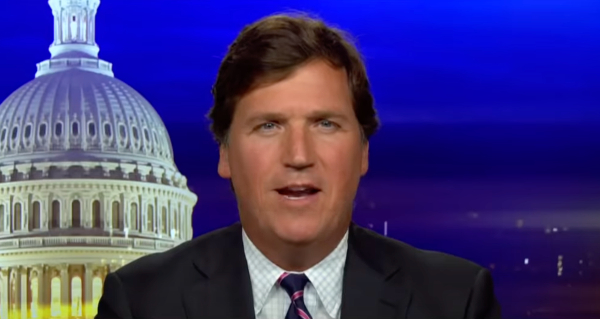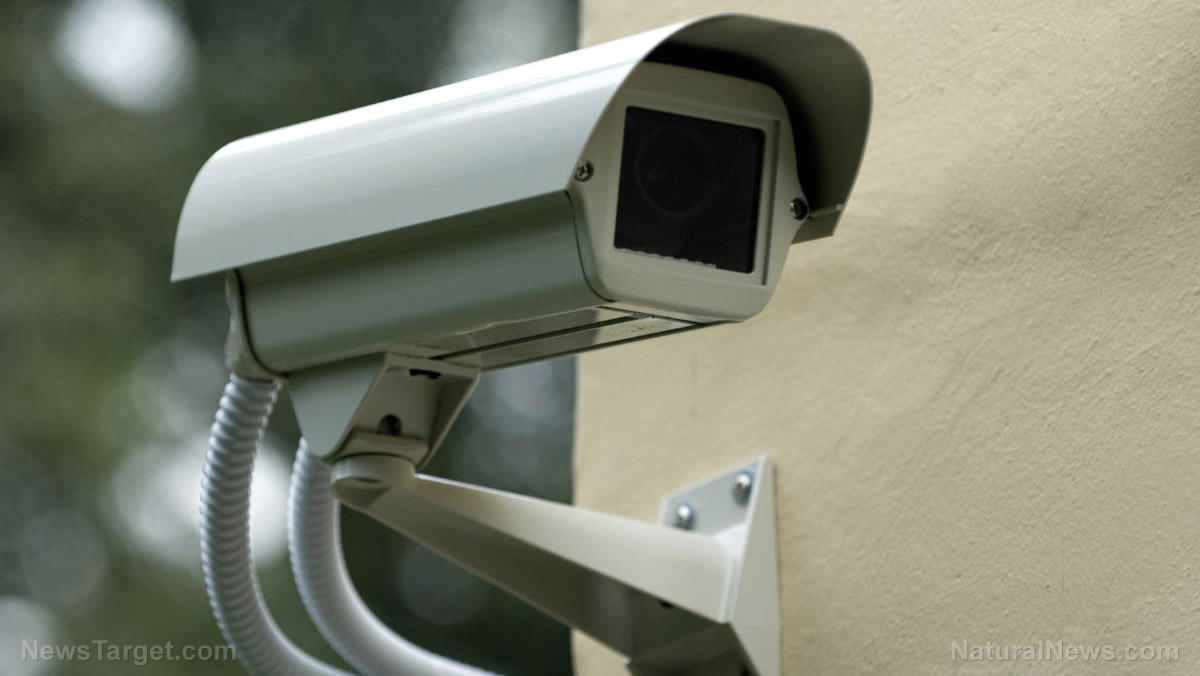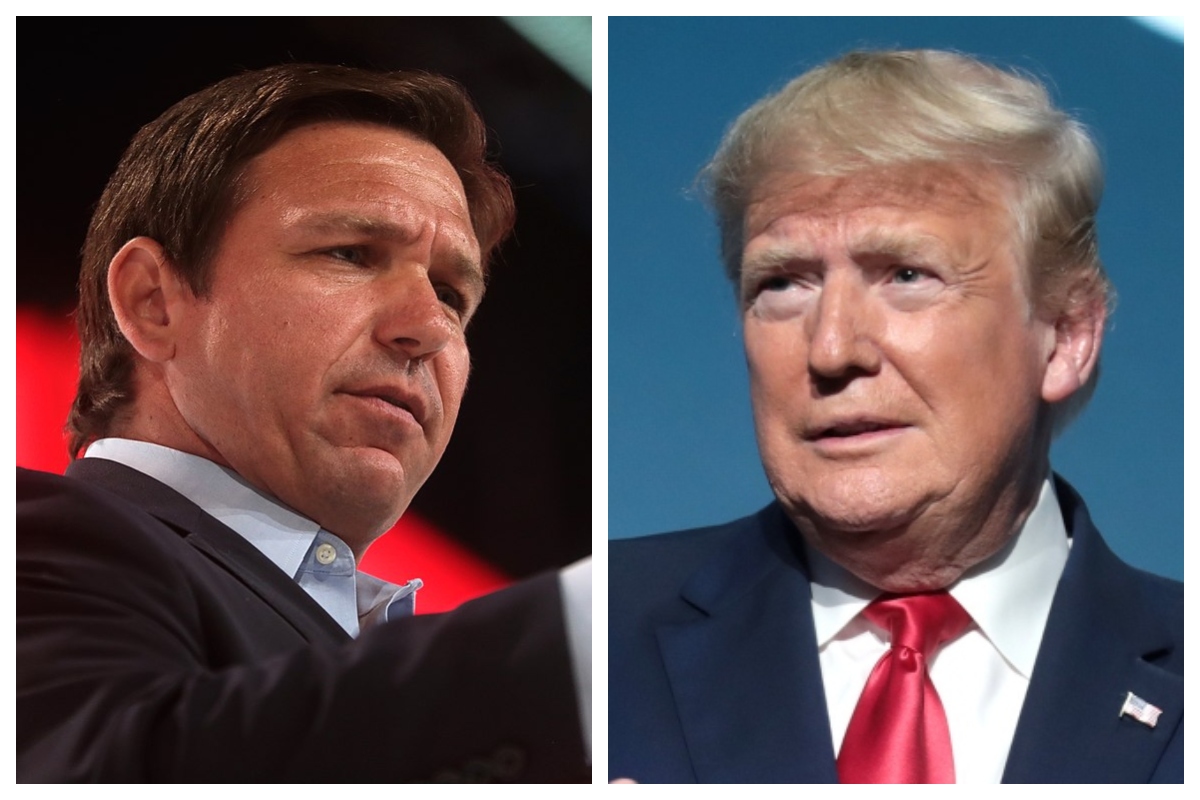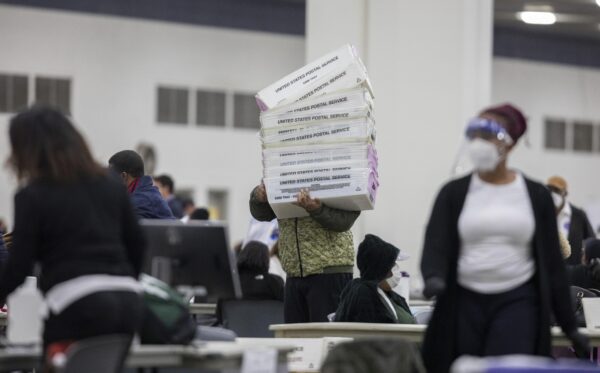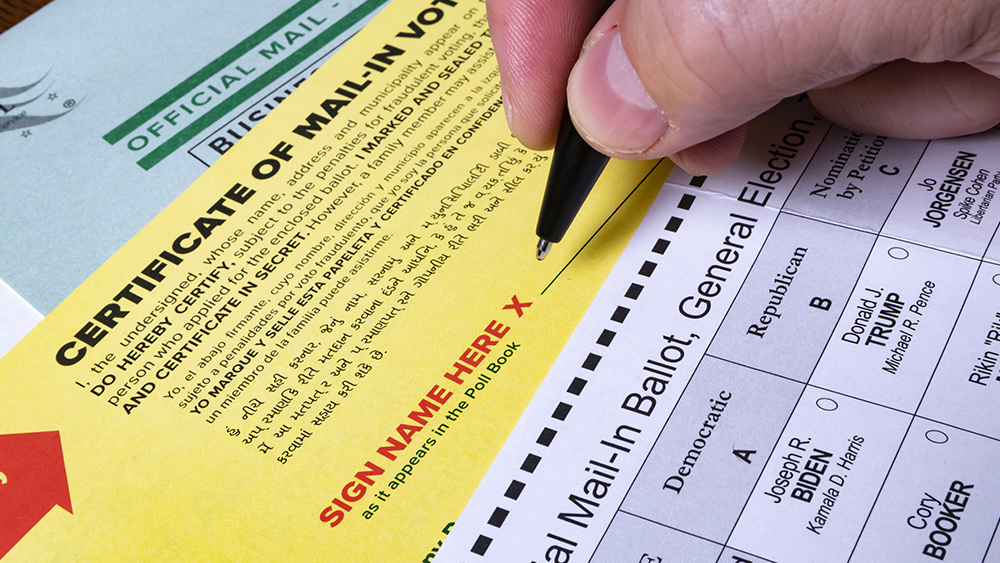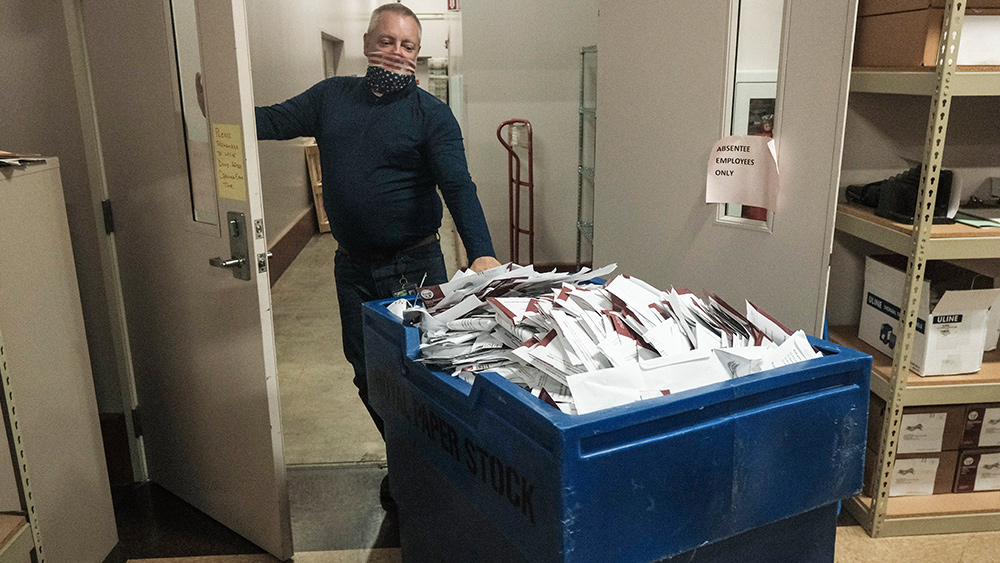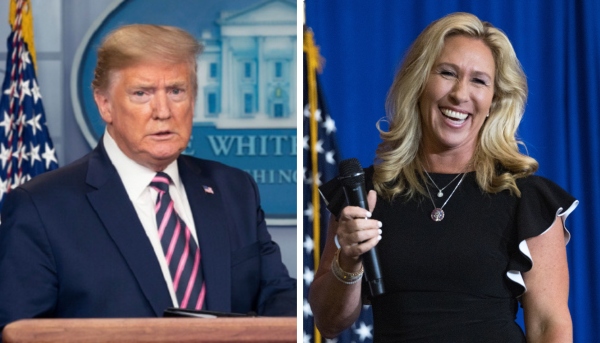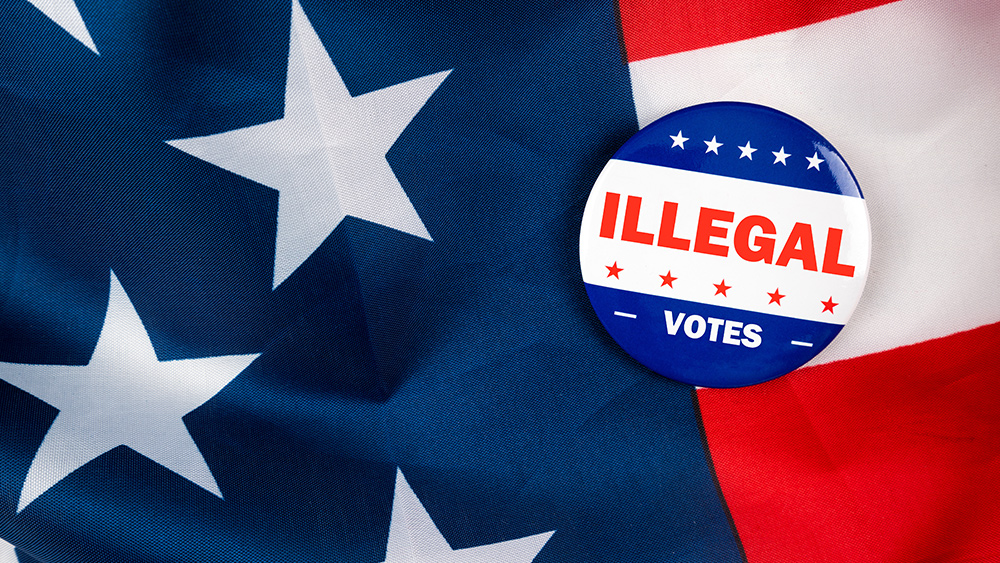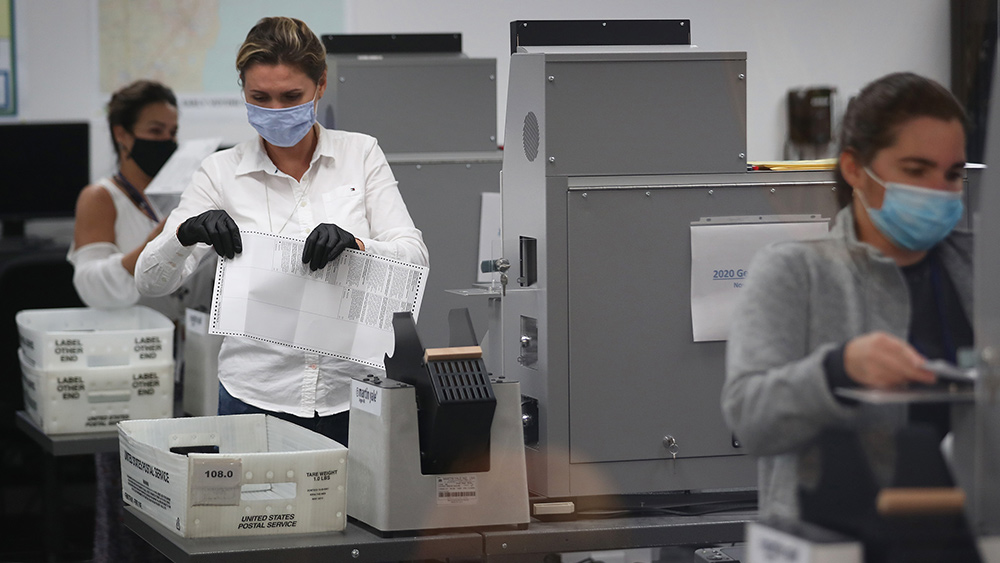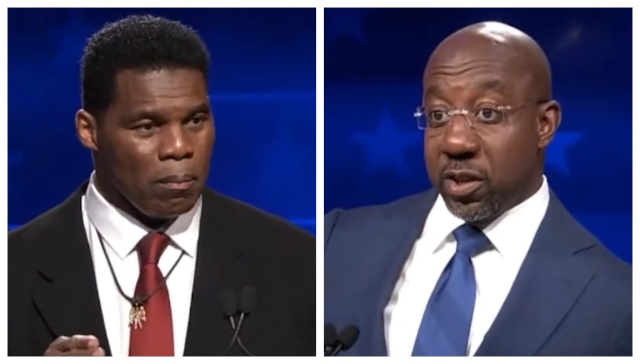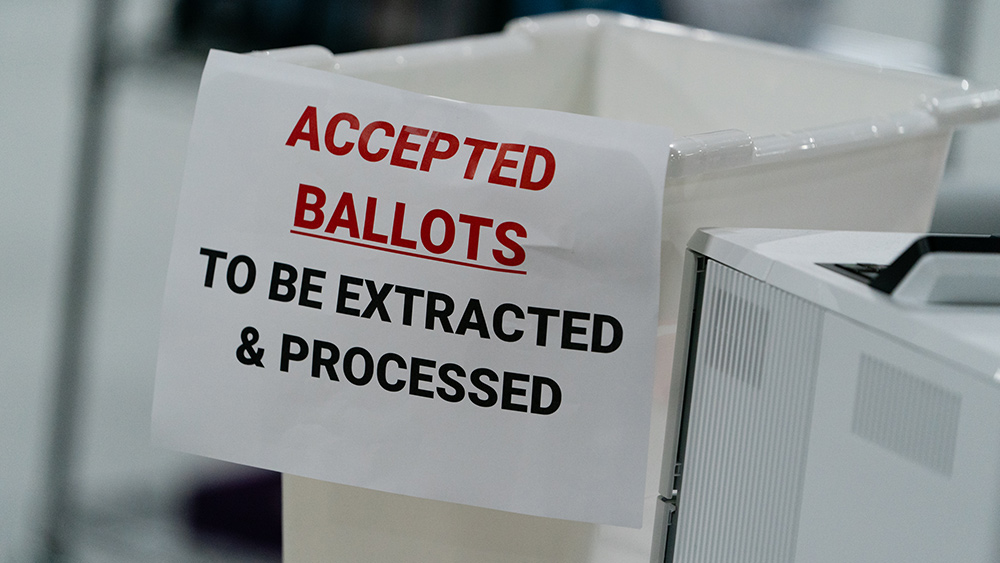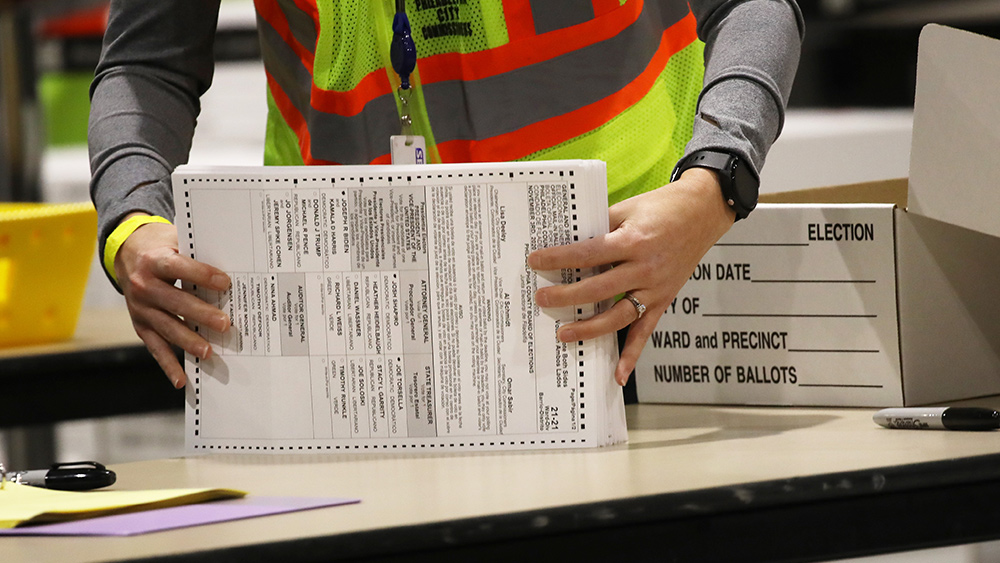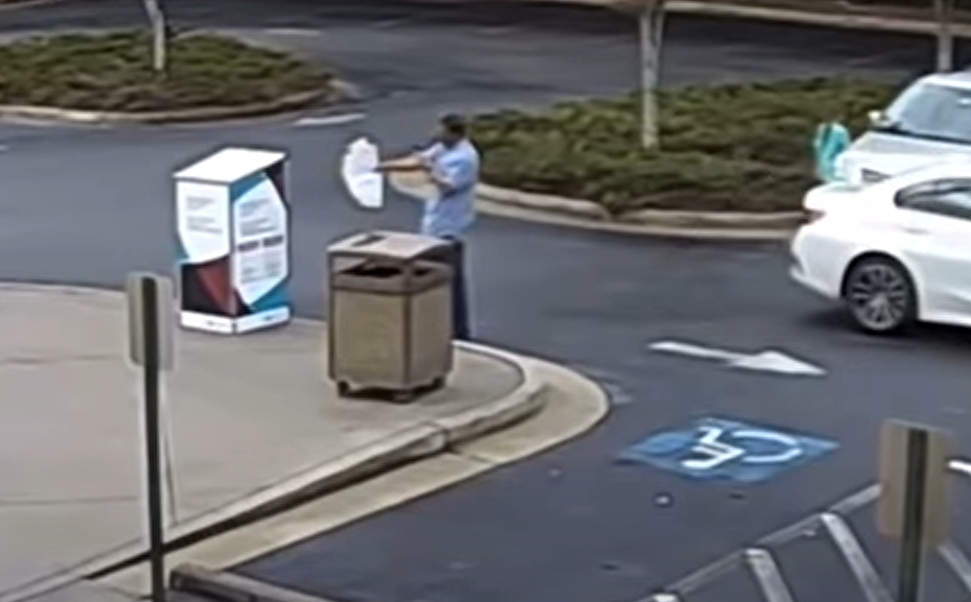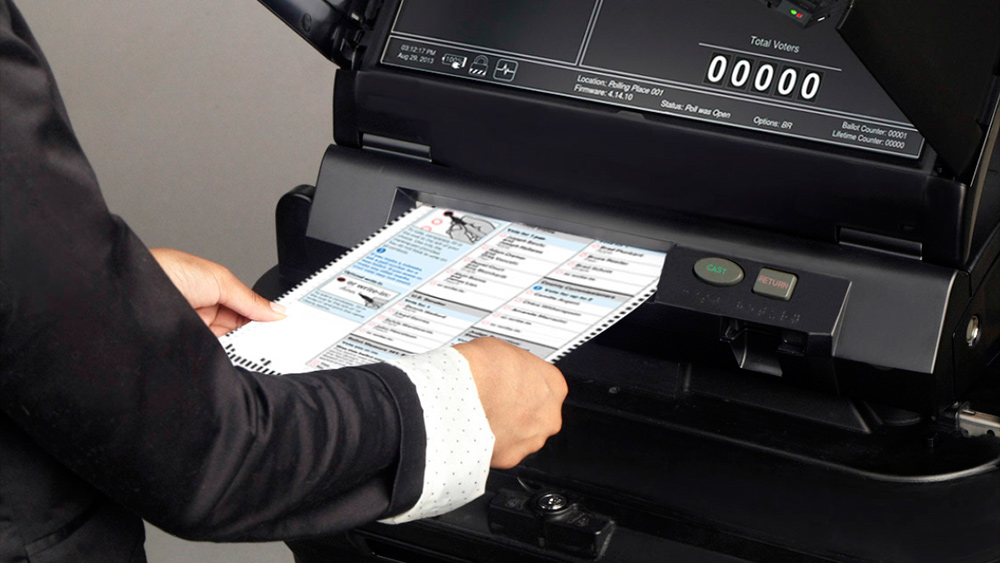Judge lifts gag order against Minneapolis cops in Floyd case but hasn’t decided on releasing body camera footage
07/26/2020 / By Cassie B.
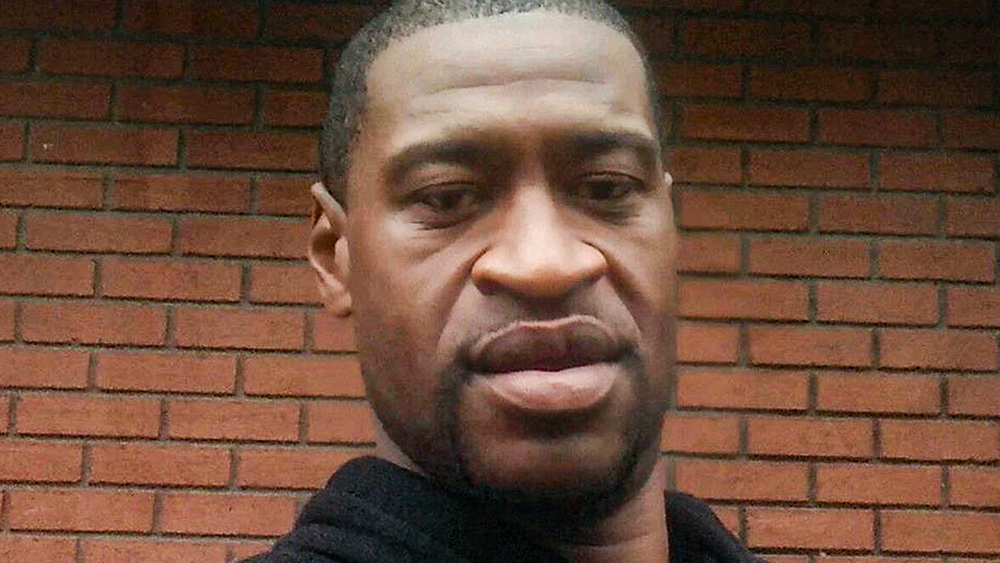
On Tuesday, a Minnesota judge lifted the gag order that was placed on four former police officers who were charged in the death of George Floyd while declining to rule on a request to make body camera footage of the incident more widely available.
Hennepin County Judge Peter Cahill agreed with arguments made by defense attorneys that the gag order imposed on July 9 limits their clients’ ability to defend themselves against the negative publicity they’ve been receiving. However, he reminded all of the attorneys in the case that they are expected to follow rules governing disclosure of information.
Floyd died on May 25 after officer Derek Chauvin pressed his knee into the suspect’s neck for eight minutes while he complained that he couldn’t breathe. Chauvin has been charged with second-degree murder, third-degree murder and manslaughter.
However, three other officers who were also present, Thomas Lane, J. Alexander Kueng, and Tou Thao, have also been charged with aiding and abetting second-degree murder and manslaughter. All four of the officers were fired by the police department.
According to a criminal complaint, Lane held down Floyd’s legs and Kueng held his back while Chauvin put his knee into Floyd’s neck. Thao reportedly watched the scene unfold with his hands in his pocket. The entire arrest was captured on the cell phone of a bystander and went viral, sparking protests against police brutality that are still continuing in some cities.
While Chauvin remains in jail with bail set at $1.25 million, the other three officers have managed to post their respective $750,000 bonds and have been released from jail. The three officers appeared in person at the courthouse in Minneapolis.
Will the body camera video footage be released to the public?
An attorney for Officer Lane, Earl Gray, has asked for the police body camera videos that he filed with the court to be made public. This request prompted Judge Cahill to bar attorneys and other parties from discussing the case. Defense attorneys for all of the officers involved as well as media outlets such as the Associated Press have objected to the gag order. The videos have been made available for viewing in person by appointment.
Kueng’s attorney asked for video footage from Lane’s body camera to be released publicly as part of a motion to dismiss the charges against his client.
Attorneys have said that this format violates rules of public access to records as well as the First Amendment and amounts to keeping the videos under seal. The records of all courts are meant to be left open to public inspection, with very few exceptions.
Although Judge Cahill has 90 days to rule on the body camera footage release, he has indicated that his answer will come ahead of the deadline.
Cahill also ruled on Tuesday that he won’t be holding the case’s lead prosecutor, Attorney General Keith Ellison, in contempt of court as two of the defense attorneys had requested. He said the statement made by Ellison when he announced that additional attorneys will be helping the prosecution was not a violation of the gag order.
Cahill also acknowledged that the gag order did not work, saying that the media had been using “anonymous sources and other material.”
Meanwhile, audio transcripts from the officers’ body cameras were released earlier this month in response to a motion filed by Lane’s attorney. He claims that the transcript shows there is no probable cause to prove that he committed a crime. The three former officers have yet to enter a formal plea, nor has the judge decided whether they will be tried separately or together.
Sources for this article include:
Submit a correction >>
Tagged Under:
body cam, Body cameras, Derek Chauvin, gag order, George Floyd, Minneapolis, Police, Police brutality, real investigations
This article may contain statements that reflect the opinion of the author
RECENT NEWS & ARTICLES
Trump.News is a fact-based public education website published by Trump News Features, LLC.
All content copyright © 2018 by Trump News Features, LLC.
Contact Us with Tips or Corrections
All trademarks, registered trademarks and servicemarks mentioned on this site are the property of their respective owners.

